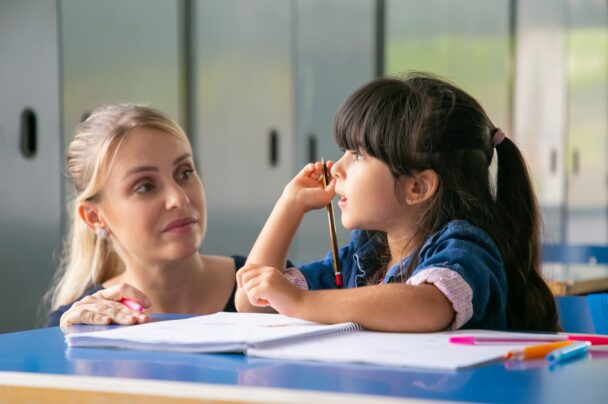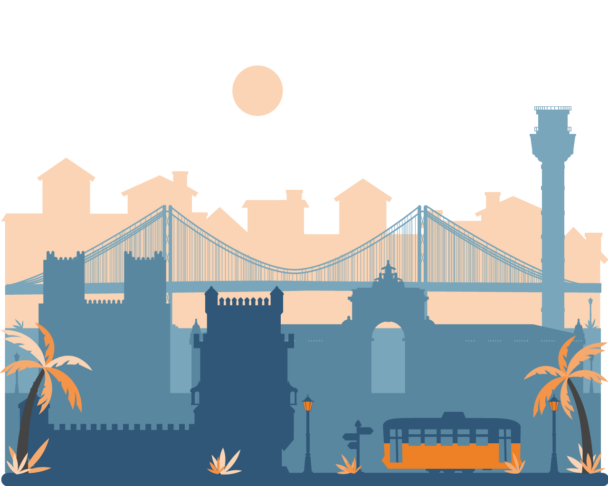Description
Teachers understand how vital it is to teach critical thinking in classrooms. But the real challenge is figuring out how to do it effectively.
This course is all about helping educators from different subjects and backgrounds to make critical thinking a natural part of their teaching methods.
In this course, teachers will learn both the theory behind critical thinking and practical ways to teach it.
The course will cover topics like understanding how you think, learning to make decisions, spotting fake news, and analyzing arguments together as a group or on your own.
The focus is on helping students become aware of their thinking processes and work together in a friendly environment.
The course will help participants design lessons that guide students from basic thinking skills to more advanced ones.
Participants in the course will learn to create a classroom where students are active participants in their learning journey, moving from simple tasks to more complex ones.
By the end of this course, they will have a toolbox full of strategies for teaching critical thinking in a way that works for everyone.
Furthermore, they will be ready to identify, tackle, and encourage critical thinking in their classroom, making learning richer and more engaging for all their students.
What is included
Learning outcomes
The course will help participants to:
- Facilitate activities that enhance students’ metacognitive awareness, helping them to reflect on their learning processes and thought patterns;
- Guide students in structured debates and discussions, encouraging students to develop articulate, reasoned arguments and effective decision-making;
- Teach critical media literacy skills, enabling them to identify and critically assess the credibility of sources, and differentiate between fake news and factual information;
- Teach students to employ metacognitive strategies to monitor and evaluate their understanding and progress;
- Learn and apply different activities fostering a balance in passive and active learning in the classroom;
- Implement strategies to assist students in advancing from lower-level cognitive tasks to higher-order thinking and problem-solving skills, as outlined in Bloom’s taxonomy;
- Learn questioning techniques that are interdisciplinary and will help students become life-long learners.
Tentative schedule
Day 1 – Introduction to the course
- Introduction to the course, the school, and the external week activities;
- Icebreaker activities;
- Presentations of the participants’ schools;
- Critical Thinking and Metacognition: what is the difference?
Day 2 – Active and passive learning: transforming students into active learners
- Active learning and student-centered strategies at the center of critical thinking;
- The power of questioning;
- Thinking Routines;
- Scaffolding questioning techniques in the classroom;
- Developing creativity through active learning.
Day 3 – Fostering autonomy and self-regulated learning
- Key steps for a successful self-regulated learning;
- Benefits and challenges of self-regulated learning: How to deal with learning diversity?
- Autonomous decision-making and learning options for students;
- Motivation and self-awareness.
Day 4 – The dependent Cs: curiosity, critical thinking and creativity
- Creative ideas to trigger students’ curiosity;
- Making critical thinking fun;
- Identifying fake news and developing media literacy;
- Communication and Critical Thinking.
Day 5 – Problem-solving and thinking outside of the box
- Problem-Based Learning and Critical Thinking;
- Designing easy and fun activities that consider metacognition.
Day 6 – Course closure and cultural activities
- Course evaluation: round-up of acquired competencies, feedback, and discussion;
- Awarding of the course Certificate of Attendance;
- Excursion and other external cultural activities.





